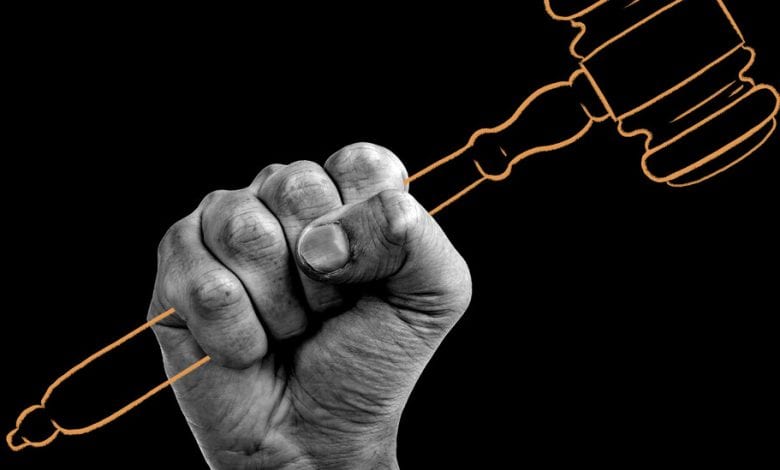No More Legal Games for Donald Trump

The most important words to issue from the federal appeals court in Washington on Tuesday were not in its unanimous 57-page opinion rejecting Donald Trump’s claim of absolute immunity from prosecution.
That ruling, which denied the former president’s attempt to be absolved for his role in the Jan. 6 attack on the Capitol, was never in doubt. His claim is that presidents don’t enjoy immunity in just some cases, but that they are effectively above the law in all cases. During oral arguments last month, his lawyer even contended that a sitting president could order the assassination of a political rival and face no legal consequences.
Rejecting this claim was easy. This line of reasoning “would collapse our system of separated powers by placing the president beyond the reach of all three branches,” wrote the three-judge panel of the U.S. Court of Appeals for the District of Columbia Circuit. “We cannot accept that the office of the presidency places its former occupants above the law for all time thereafter.”
The key sentence appeared elsewhere, in the one-page formal judgment accompanying the court’s opinion. “The clerk is directed to withhold issuance of the mandate through Feb. 12, 2024,” the judges wrote. With those words, the court put a hard deadline on Mr. Trump’s delay games. He has until the end of this coming Monday to appeal his loss to the Supreme Court. If he doesn’t, the mandate will issue, meaning that the trial court will regain jurisdiction of the case, and the trial can move forward.
It was a welcome acknowledgment and rebuke of Mr. Trump’s strategy in the Jan. 6 case, which is to delay any legal reckoning. He is trying to run out the clock in the hope that he can win re-election and then dissolve the prosecution.
So far, it’s working. The trial stemming from Jan. 6 has already been on hold for two months while the immunity appeal has played out, forcing the trial judge, Tanya Chutkan, to cancel the original start date, March 4. As Election Day approaches, it may become increasingly difficult to hold a trial that can be completed before Americans vote in the general election.
We are having trouble retrieving the article content.
Please enable JavaScript in your browser settings.
Thank you for your patience while we verify access. If you are in Reader mode please exit and log into your Times account, or subscribe for all of The Times.
Thank you for your patience while we verify access.
Already a subscriber? Log in.
Want all of The Times? Subscribe.
